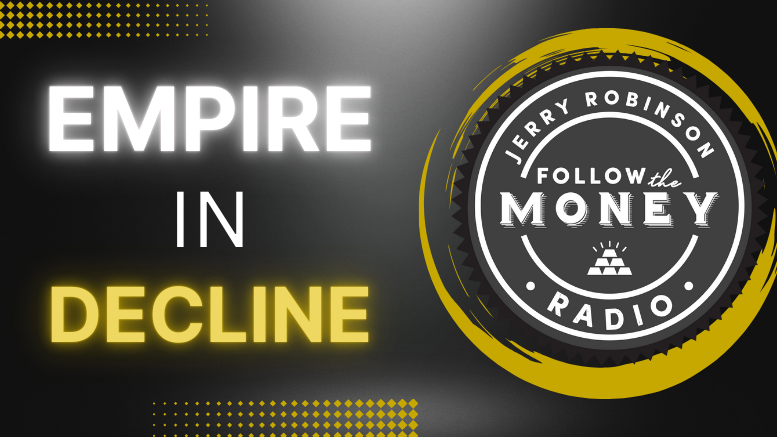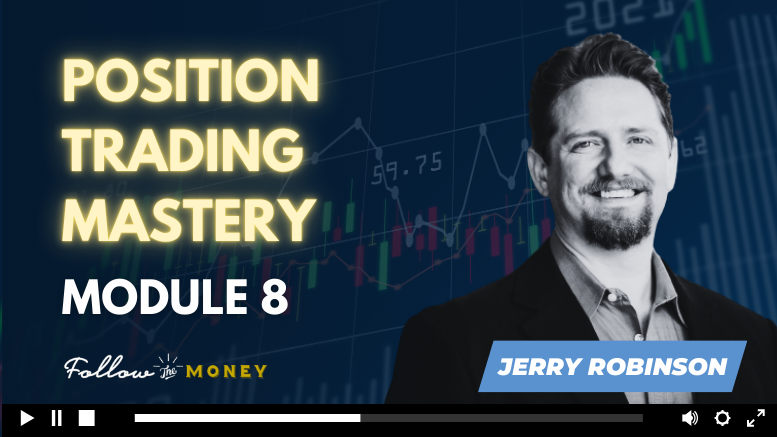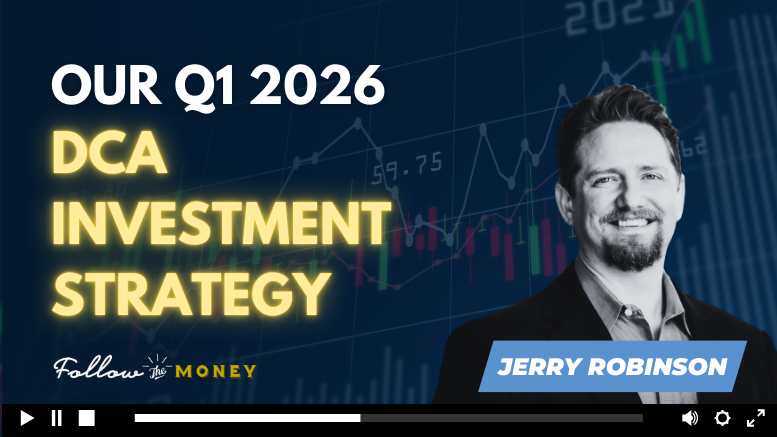HOUSTON, June 24
It's Friday. And that means that its time for FTMDaily's Reader Q&A. Each Friday, we reserve our daily column for our readers and their questions. Whether you have a question about your money, our Five Levels of Financial Freedom, the global economy, commodities, or retirement savings, we invite your questions. (To submit your question, click here.)
Should I Add a Direct Selling Business as a Stream of Income?
Q: I have a friend who has recently approached me about joining an MLM business. Of course, everyone has a different opinion on these types of businesses. Jerry, what do you think about adding a stream of income in the form of a multiple-level-marketing business or network marketing business? Thanks. (Tom L, St. Paul, MN)
A: Tom, this is a question that we get here at FTMDaily quite often, so I'm glad that you have asked it so that I can address it publicly. Network marketing businesses (think Amway, Herbalife, etc) come in all different forms. Since you haven't told me the name of the company that your friend approached you with, I cannot give you any specific information. However, with that said, I am a very big believer in companies who market through direct selling.The problem with many direct selling companies is that their products are priced higher than what the market would normally bear. This is because eight different people have to be paid out of those product sales, due to the multi-level nature of the business. But this is not true with every company. I have many friends who have made a tremendous amount of money in direct selling. And I am personally a fan of several such companies.
In many ways, direct selling offers an excellent business opportunity for many people who are looking to start their own business. This is especially true when the company helps to automate many of the normal business processes. For example, I personally would not want to work with a direct selling company who required me to hold inventory or make a massive up-front investment. But these types of companies can provide an excellent source of extra income and often the income is residual, which is my favorite type of income.
To summarize, I believe that there are good and bad direct selling companies. The ones that provide excellent products at reasonable prices that do not rely on gimmicks and unrealistic projections are the ones that you would be wise to consider.
What happens in the Case of Currency Conversion?
Q: What will happen to investments such as annuities, life insurance policies, and real estate if the US Dollar is converted into another currency such as the Amero as a result of the huge US debt load? (Glen G., Liberty Lake, WA)
A: Glen, in the event of a currency conversion the old currency is traded in at a fixed rate for the new currency. The ratio, which is determined by the nation's monetary authorities, would be applied across the board. The price of goods and services, wages and salaries, would all be changed over to the new currency. Because this set ratio is applied across the board, the value of assets would remain stable initially.
With that being said, the primary concern is not a currency conversion, as those have been managed successfully throughout history. Instead the primary concern would be both the national and global perception of the new currency. Remember, all currencies today are held up by faith in the monetary authorities. The promise of scarcity is what maintains the public's trust in the currency. So, ironically, a currency conversion could help engender more trust in America's currency. If this is true, then asset prices would stabilize and rise in value. However, if the public believed that the new currency was fraudulent in any way, then asset prices could tumble. So, in summary Glen, don't necessary fear a currency conversion to say, an Amero, as that is beyond your control. Instead seek to diversify your current assets in such a way that gives you less exposure to "faith-based" assets and more into tangible, hard assets which have intrinsic value.
___________________________________________
Do You Have A Question for Jerry?
Click here to send your question to Jerry.
___________________________________________
Until Monday,
Jerry Robinson – FTMDaily.com
____________________________________________________
Jerry Robinson is an economist, published author, columnist, international conference speaker, and the editor of the financial website,FTMDaily.com. In addition, Robinson hosts a weekly radio program entitled Follow the Money Weekly, an hour long radio show dedicated to deciphering the week's economic news.






